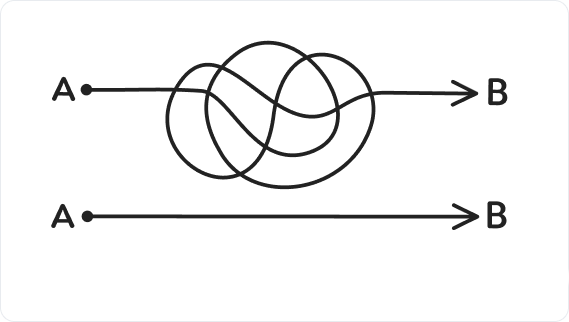Effective Time Management 1
(Monday)
Context:
The ability to make the most of your time is a skill that will benefit you in school, the workplace, and in life. We all have the same amount of hours in a day, yet some people get more done than others. How you use your time can have a tremendous impact on your success now and in the future.
What it is: Time management is defined as having the ability to use one's time effectively or productively. In simple terms, you don't procrastinate or waste time. You get things done.
Why it’s important: Once you enter the workplace, your manager will expect you to be able to use your time wisely. They'll want to see that you're good at making plans and finishing tasks on schedule. Someone who wastes their time on the job is wasting the company’s time... and money.
It's important that you learn and adopt time management strategies now so you can benefit from these strategies while you're still a student. In addition, this will greatly contribute to your ability to perform exceptionally well and operate at your highest potential when you become an employee in the future.
Primer Questions
Do you procrastinate?
Do you often feel that you don’t have enough time to complete everything you’d like to?
Would your friends or family say that you’re a good planner?
Write down your answers and observations in your journal.
Time Management Illustrated.
Time Management: What’s stopping you?
If you’ve ever felt like you don’t have enough time, it’s probably because you’re not great at time management. To improve, you need to know what might be hindering you.
Watch the video, and write a list of which obstacles apply to you.
Questions for reflection
Do you make to-do lists?
How do you choose which tasks to do first?
Do your friends and family view you as dependable? Responsible?
Write down your answers and observations in your journal, or discuss them with others.
TIME AUDIT
Spend a day or two auditing your time. How much time do you spend at school? How much time do you spend on your phone or social media? How much time do you spend watching tv? Doing homework? Working out at the gym or getting other forms of exercising? Sleeping? Auditing your time will give you a good overview of how you are spending your time, which is a good place to start.
Time Management and Confidence
There is a direct connection between confidence (or lack thereof) and time management. As you observed in the video, there are times when we procrastinate due to a lack of confidence in our ability to accomplish a particular task. At the same time, when we effectively manage our time and maintain productivity, it significantly enhances our self-confidence.
How can we effectively cultivate both our self-confidence and time management skills simultaneously? Review the six points below.

Start with a Time Audit. Track and write down how you use your time each day. You may be surprised by where your time is going, but you will learn something about your use of time.

Plan Your Day. This is where prioritization comes into play. Write down the most important tasks that you need to complete that day. List them in order of importance.

Eliminate Distractions. Focus. Put your phone away until you complete a specific task. Try not to allow distractions to interrupt you while you're working on a task. There will be a time to check your phone.

Create a schedule. Set time limits for your tasks. They may be loose, like 'Complete this by lunchtime', or they may be specific, like '30 minutes'. You might not stick to your schedule exactly, but it will help you avoid wasting time throughout the day.

Take Breaks. Make sure to take breaks between tasks. You can view it as a reward or a way to prepare your mind for the next task at hand. Taking breaks can actually boost productivity!

Be realistic. Don't worry if you can't complete all the tasks on your list. Feel content when you manage to finish three or four tasks from your list. Cultivate the mindset that progress holds value.
Metacognitive Goals
From now until Wednesday, try the following:
1) Take a time audit. Find out how you use your time.
2) If you identified any of the common obstacles in yourself, list them in your journal.
3) If you don’t already, try to create a list of a few tasks to complete that day. Note if you complete them or not.
Thought of the day.
“Lack of direction, not lack of time, is the problem. We all have twenty-four-hour days.”
-Zig Ziglar


